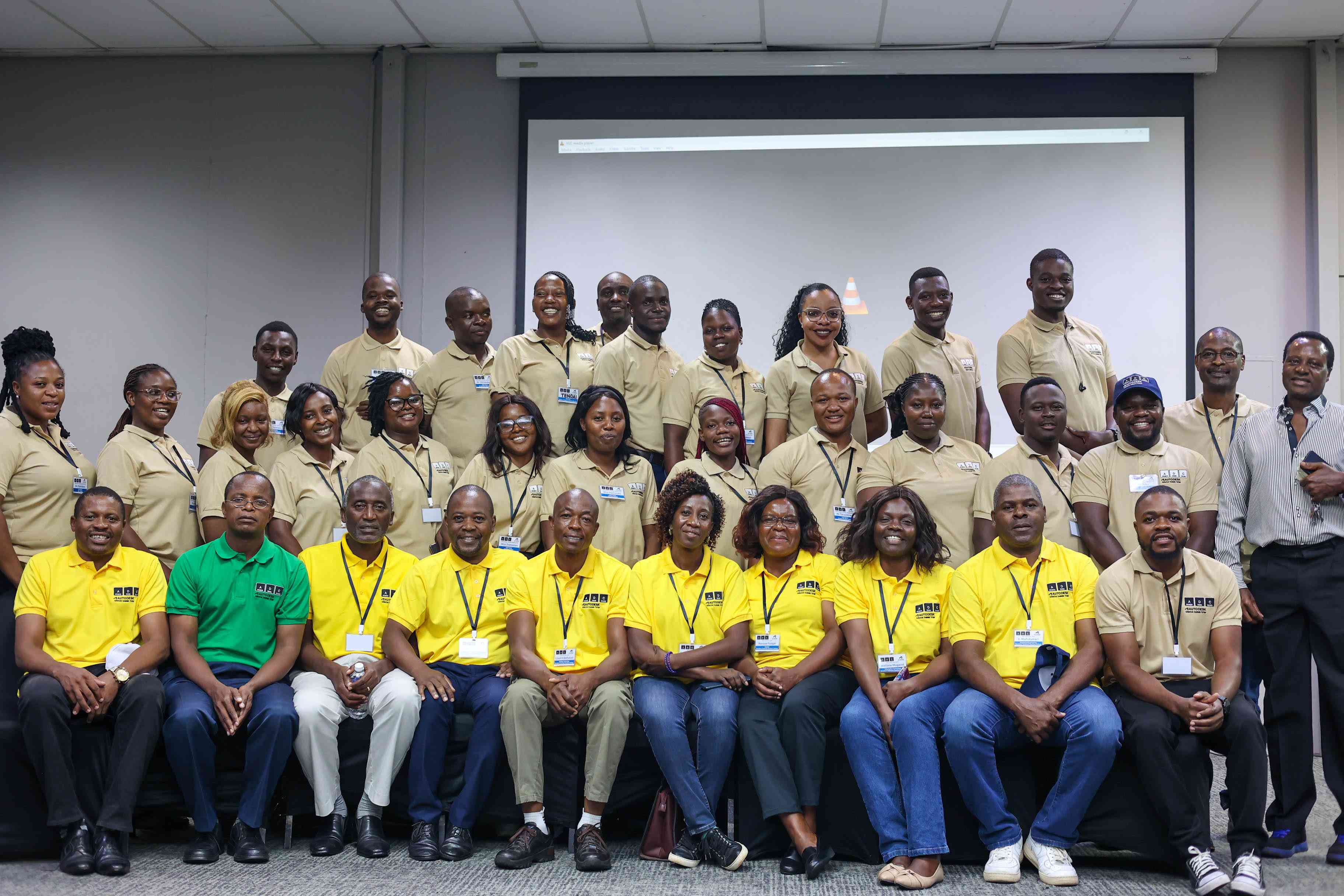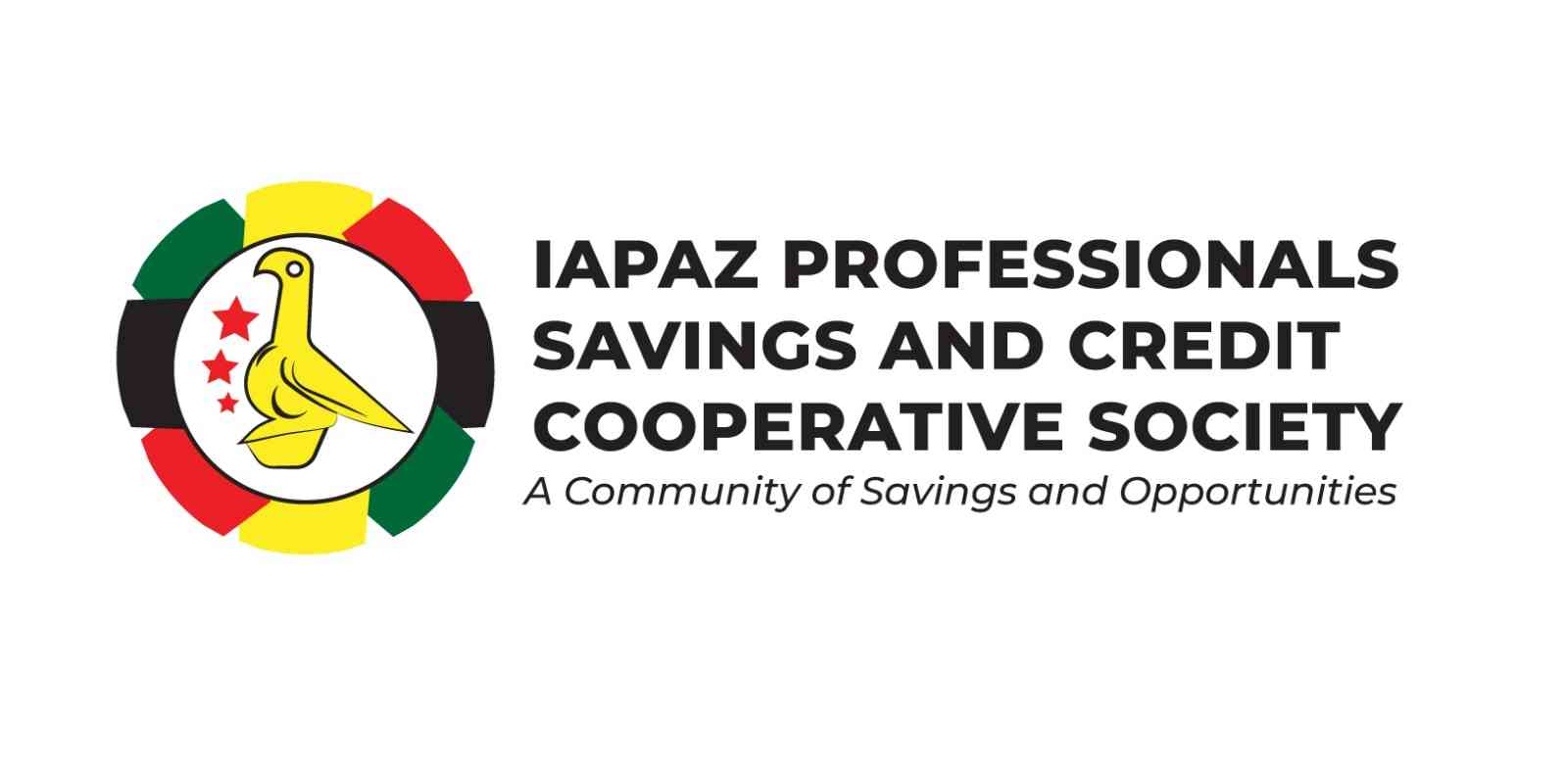
ZIMBABWE is believed to have about 25 000 registered small scale miners and around 500 000 unregistered artisanal small-scale miners, formerly called makorokoza, who earn a living by tapping into the earth’s bowels in search of precious minerals mostly gold.

Veneranda Langa
Calls to have these artisanal small-scale miners formalised have intensified following realisation that they can enhance revenue collection if the minerals they extracted were sold within proper channels.
Finance minister Patrick Chinamasa also announced in his recent mid-term fiscal review statement that government was working on modalities to formalise activities of artisanal small-scale miners.
President of the Zimbabwe Artisanal and Small-Scale for Sustainable Mining Council Wellington Takavarasha recently told legislators from the Parliamentary Portfolio Committee on Mines and Energy that of the 500 000 small-scale miners about 153 000 (30%) were women and children.
“Small-scale miners use rudimentary equipment like chisels, picks, buckets and wheelbarrows when mining and very often they have to rely on alluvial mining,” Takavarasha said.
“There is so much lack of geological information among artisanal miners to the extent that some can come up with funny claims that they dreamt there was gold at a particular place, and they would go in search of that gold,” he said.
- Chamisa under fire over US$120K donation
- Mavhunga puts DeMbare into Chibuku quarterfinals
- Pension funds bet on Cabora Bassa oilfields
- Councils defy govt fire tender directive
Keep Reading
He said apart from superstitious beliefs among artisanal miners there were also other problems such as failure to comply with legislation, use of unskilled labour, child labour and failure to adhere to environmental laws.
“About 70% to 85% of the rural population are into artisanal mining. Of these 70% are into gold mining, 30% into chromite, tantalite and mining of other semi-and precious minerals.
However, lack of geological information of the ore bodies causes the artisanal miners to just dig everywhere. There is also lack of financial support for them and lack of collateral and nearby gold markets, which fuels illegal gold deals,” he said.
Other challenges they experienced included lack of protective clothing and failure to adhere to women’s rights issues, where female miners were faced with a difficult mining environment and even sexual abuse and difficulties in getting mining claims.
The activities of artisanal miners are also said to cause conflict between them and land owners when they pounce on other people’s farmland in search of minerals.
Takavarasha said some of the factors that were hindering artisanal miners from getting into the formal mining sector included high levies charged by the Ministry of Mines and Mining Development that included pegging fees of $4 000, milling fees of $8 000, mine registration fees of $1 000 per annum, and even delays in issuance of licences and cross checks by surveyors that are too long.
“The biggest challenge experienced by small-scale miners is that the Mines and Minerals Act was writ in 1963 and it did not include artisanal small-scale miners. Levies charged by rural district councils are also too high and range from $200 to $1 000, while charges for environmental impact assessments (EIAs) range from $500 to $1 000. These miners have also been severely affected by the ban on chrome exports,” he said.
He said in countries like South Africa, Tanzania and Ghana they had ministries of small-scale mining and policies to support artisanal miners were crafted.
Although some of the problems encountered by small scale and artisanal miners were said to be running battles with the police, some law enforcement agents were said to own some mining claims or shared the claims with artisanal miners.
“In Mazowe area, artisanal miners share mining claims between them and the police.Some pay bribes to the police to allow them to mine,” he said.
Police Chief Superintendent Tichafanana Sithole (Law Division Unit) said currently the law enforcement agents had suspended aggressive operations against artisanal miners.
“We have not stopped monitoring their activities. We have realised that by educating them to formalise their activities in order for them to form syndicates, it would help them raise money to register their operations. We have gone to several places where gold panning is rife and agreed with panners to formalise their activities.
“We want them to be part of the economy so that they contribute towards the fiscus because if we do not allow them to do so, all our gold and diamonds they mine will be diverted and smuggled into countries like South Africa where smuggling is rampant,” Sithole said.
Zimbabwe Environmental Law Association director Shamiso Mtisi said it was imperative for artisanal small-scale miners to be regularised as any person above 18 years was eligible to apply for mining claims.
“Any person above 18 can apply for a prospecting licence for prospecting and pegging mining claims on any ground open for prospecting. Licences for prospecting are valid for two years, and after pegging one can then apply for registration to the Mining Commissioner and if approved the person is issued with a certificate of registration and can start mining the claim,” Mtisi said.
He said the conditions were that the miner issued with the claims should erect permanent beacons on ground and ensure that precious stones claims were continuously worked on in order to obtain renewal of title.
Environmental Management Agency (EMA) official Chris Mushava said although there was too much degradation of the environment caused by miners, the agency supported mining because it promoted economic growth.
However, Mushava said their worry was that some mined areas were being abandoned by big mining companies as well as artisanal miners without rehabilitation after completion of their mining activities.
“Hazardous substances are being haphazardly used and they pose danger to the communities. During the period 2012 to 2013 about 32 miners besieged major rivers in the country for alluvial mining without environmental considerations. Communities are experiencing the negative effects of pollution and land degradation during and after mining operations.”
Mushava said a chemical, chromium six (Cr6+) was discharged into the environment during alluvial chrome washing and it was hazardous as it exposed people to cancer, shortness of breath, coughing, and wheezing.
“The process takes place during chrome washing. Alluvial chrome washing results in contaminated or poisoned water,” he said.
The EMA officer also said alluvial gold miners used dangerous chemicals such as mercury that contaminated water sources and were dangerous for people, animals and aquatic life, as well of digging of deep tunnels which were left un-rehabilitated.
Chairman of the University Of Zimbabwe Institute of Mining Research Lyman Mlambo said there were a lot of economic benefits to the country if artisanal small scale miners were properly registered.
“It will reduce smuggling and leakages, and hence increase fiscal revenue. Formalisation of artisanal small-scale miners will also make it possible to provide technical expertise and assistance to miners if they are registered and have central processing facilities and training. It will facilitate marketing of their minerals, and Minerals Marketing Corporation of Zimbabwe offices will be established at the syndicate locations,” Mlambo said.
Zimbabwe Environmental Law Association director Mutuso Dhliwayo said it was imperative for the new Mines and Minerals Act to recognise artisanal small-scale miners.
“If there are around 500 000 artisanal miners, it means about 1, 5 million people benefit indirectly from artisanal mining activities and issues of their recognition should be addressed,” Dhliwayo said.











